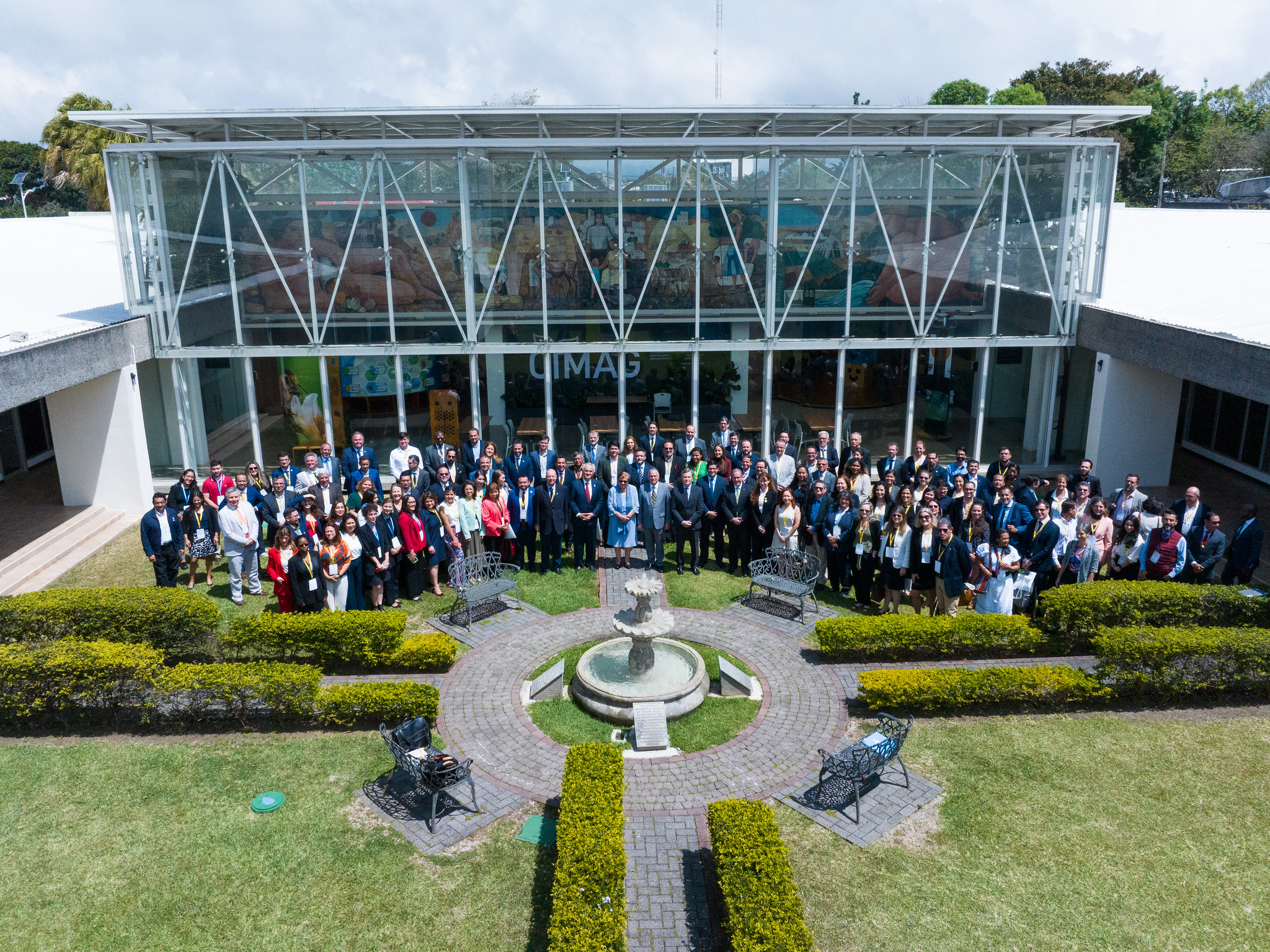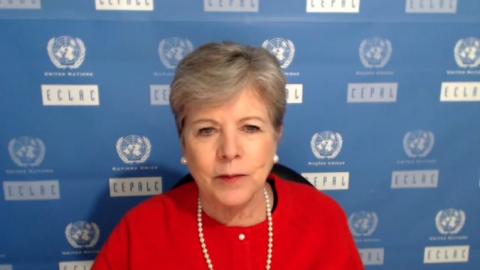Press Release
The Regional Water Dialogues included the participation of high authorities from numerous countries in the region, as well as representatives of civil society, academia and the private sector, along with 1,870 people who joined virtually. More than 57 countries in the region and the world were represented.
During the opening, there were high-level presentations. Mr. José Manuel Salazar-Xirinachs, Executive Secretary of ECLAC, emphasized that water is not only essential for life but also for achieving sustainable development in our countries. “For this reason, we aim to share experiences, but above all, propose concrete actions and reinforce commitments made at the regional and global levels,” he stated.
The Dialogues were structured in 8 sessions with the objective of identifying solutions to accelerate compliance with Sustainable Development Goal 6 “Ensure availability and sustainable management of water and sanitation for all” in LAC. The results of these sessions were aligned with the voluntary commitments acquired in the Regional Water Action Agenda, adopted by the countries in 2023, which establishes a collaborative roadmap to achieve a sustainable and inclusive water transition in the region.
Session 1, “Water, Agriculture and Ecosystems” highlighted the urgency of adopting more efficient agricultural practices for water use and establishing public-private alliances to develop innovative technologies in this area, given that the agricultural sector represents 70% of freshwater withdrawals.
Session 2, Water and Productive Development, highlighted the importance of adapting energy matrices towards renewable sources to reduce pressure on water resources, considering that 90% of electricity production depends on water.
Session 3, “Transboundary Waters”: Management, Cooperation and Peace, recognized the importance of improving regional integration in water matters and inclusive governance, especially in transboundary water management, which represents 71% of shared surface waters in the region.
Session 4, “Towards the World Water Forum 2024,” reviewed the Americas regional process towards the World Water Forum 2024, highlighting the need to mobilize political and financial will to address growing water challenges.
Session 5, “Water, Health and Equity” addressed the urgency of reinforcing education on hygiene and menstrual health, promoting community models resilient to climate change through participatory water management.
In Session 6, “Water Security and Climate Resilience”, participants discussed the challenges of supplying drinking water in the face of contamination emergencies or water scarcity, proposing monitoring and investment systems.
Session 7, “Circular Economy Opportunities in the Sanitation Sector,” showed the advantages of moving towards circular economy models in the water and sanitation sector, with announcements of local investment to redesign wastewater treatment plants.
Session 8, “Valuing Water”, emphasized the need to strengthen a culture that values water and to empower communities through education to implement solutions that impact the quality and availability of water.
The 2024 Regional Water Dialogues offered a variety of approaches to address water challenges in the region, highlighting the importance of collaboration between actors and regulatory and institutional modernization.


